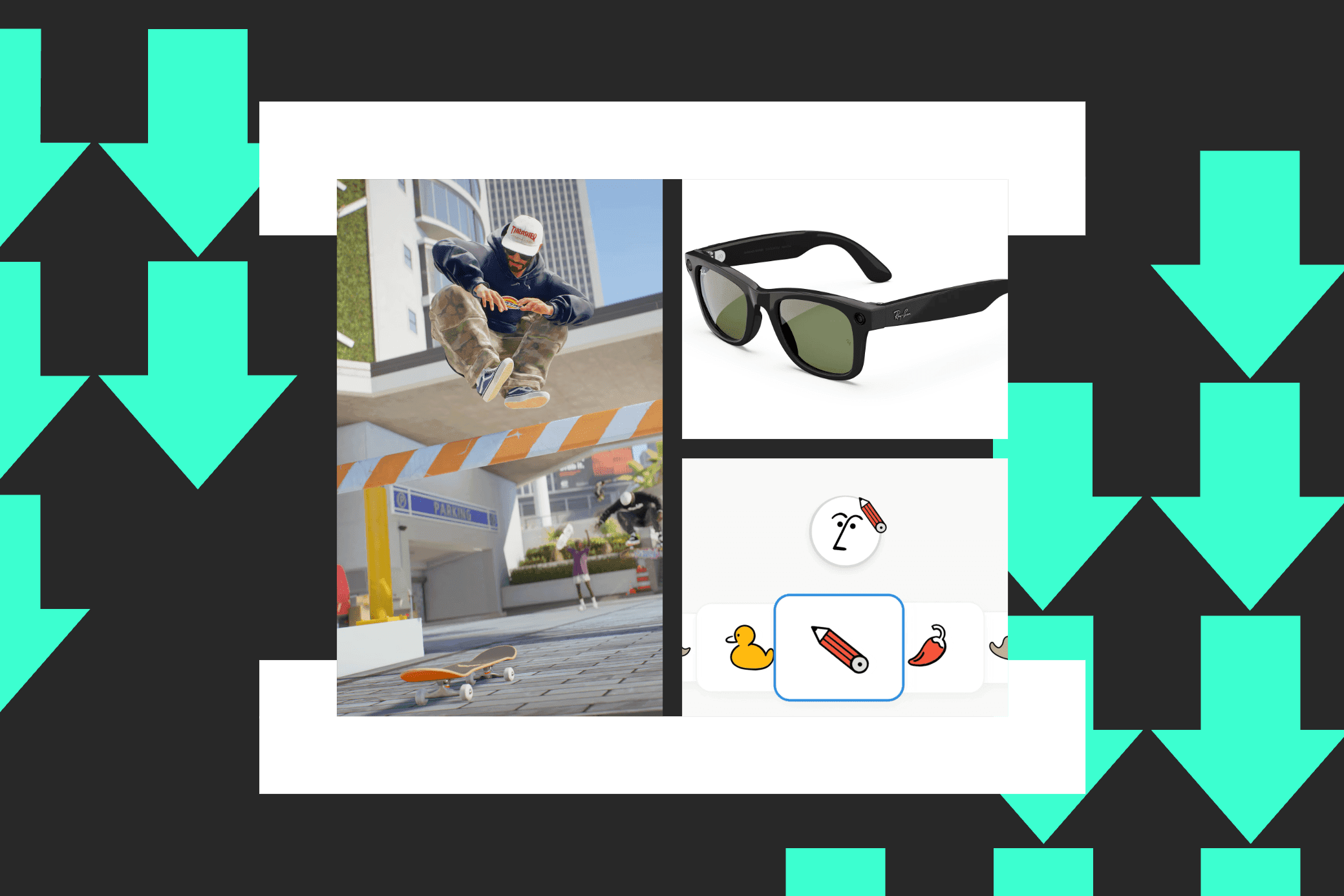Meta's Ray-Ban smart glasses just got a significant upgrade with the Gen 2 release, doubling battery life and adding new features for $379. While the company's display-equipped model grabs headlines, the simpler version is proving to be the sweet spot for early adopters willing to embrace wearable AI.
Meta is quietly winning the smart glasses race, and their latest Ray-Ban collaboration proves it. The Gen 2 Wayfarer smart glasses hit the market this week with double the battery life and a bundle of upgrades that make the $379 price tag feel reasonable for early adopters who've been waiting for wearable tech to actually work.
While Meta's display-equipped smart glasses grab the tech headlines, the simpler Gen 2 model represents something more important - a mature wearable that people actually want to use daily. The Verge's David Pierce, writing in the influential Installer newsletter, confirms what industry watchers suspected: "It's still not a must-have device, but I really like mine."
That lukewarm endorsement actually signals something significant. Unlike previous iterations of smart glasses that felt like expensive tech demos, Meta's approach focuses on utility over flashiness. The doubled battery addresses the biggest complaint from Gen 1 users, while keeping the form factor indistinguishable from regular Ray-Bans.
The smart glasses launch comes as Meta continues its aggressive push into AI-powered hardware, betting that consumers will embrace ambient computing before competitors like Apple and Google can catch up. Early reviews suggest the strategy might be working - the glasses feel less like wearing a computer and more like wearing slightly smarter sunglasses.
Meanwhile, Notion is making its own ambitious AI play with the launch of Notion 3.0. The productivity platform's new version promises to "do all the busywork you do in Notion - and potentially elsewhere," according to company materials. It's a massive swing at becoming the central nervous system for knowledge work, though some users worry about the privacy implications of such deep AI integration.
The timing isn't coincidental. As AI capabilities mature, software companies are racing to embed intelligence directly into daily workflows rather than forcing users to switch between tools. Notion's approach could either simplify the notoriously complex app or make it even more overwhelming for casual users.
Google is taking a different approach entirely, reviving its decade-old desktop search concept as "Google for Windows." The experimental local AI tool can search files, web content, and more from your desktop - essentially bringing the power of Google's search algorithms to personal computing without the privacy concerns of cloud processing.












